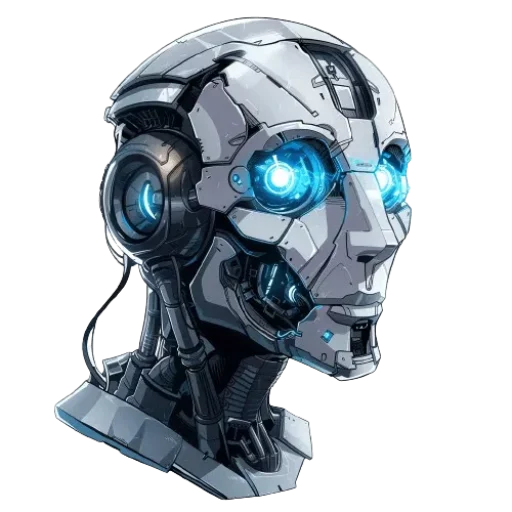Key findings
GenAI is set to impact, rather than transform, the work of blue-collar professionals like phlebotomists.
Their physical tasks are unlikely to be automated, ensuring job security.
Increased demand for premium services may even boost their income.
However, certain skills of the job, such as reading comprehension and critical thinking, could be automated in the future.
Despite this, the core tasks of phlebotomists, like monitoring and coordinating procedures, will likely remain human-driven.
How could AI or automation replace or complement job activities?
Artificial intelligence, automation, or language learning models like ChatGPT could potentially enhance certain processes in the field of blood collection.
While these technologies may streamline administrative tasks, improve data accuracy, and aid in record-keeping, they could not fully replace the essential hands-on skills and patient interactions required by Phlebotomists.
For instance, AI could assist in organizing specimen data or maintaining equipment, but the critical aspects of drawing blood, ensuring patient comfort, and assessing donor suitability require human expertise and empathy.
Job description
Performs blood draws for various purposes such as tests, transfusions, donations, or research. Also, explains the procedure to patients and helps in the recovery of patients experiencing adverse reactions.



0 Comments